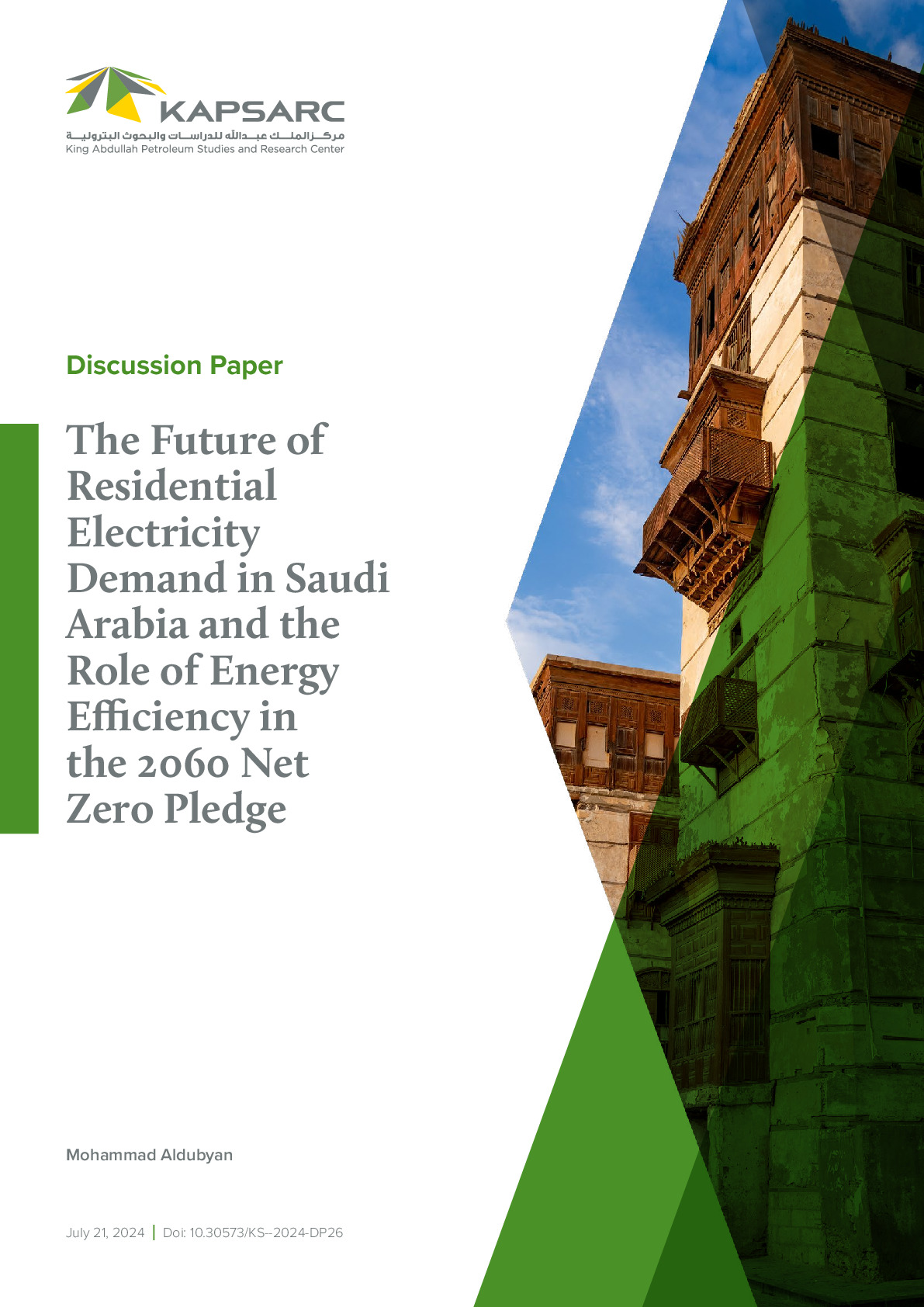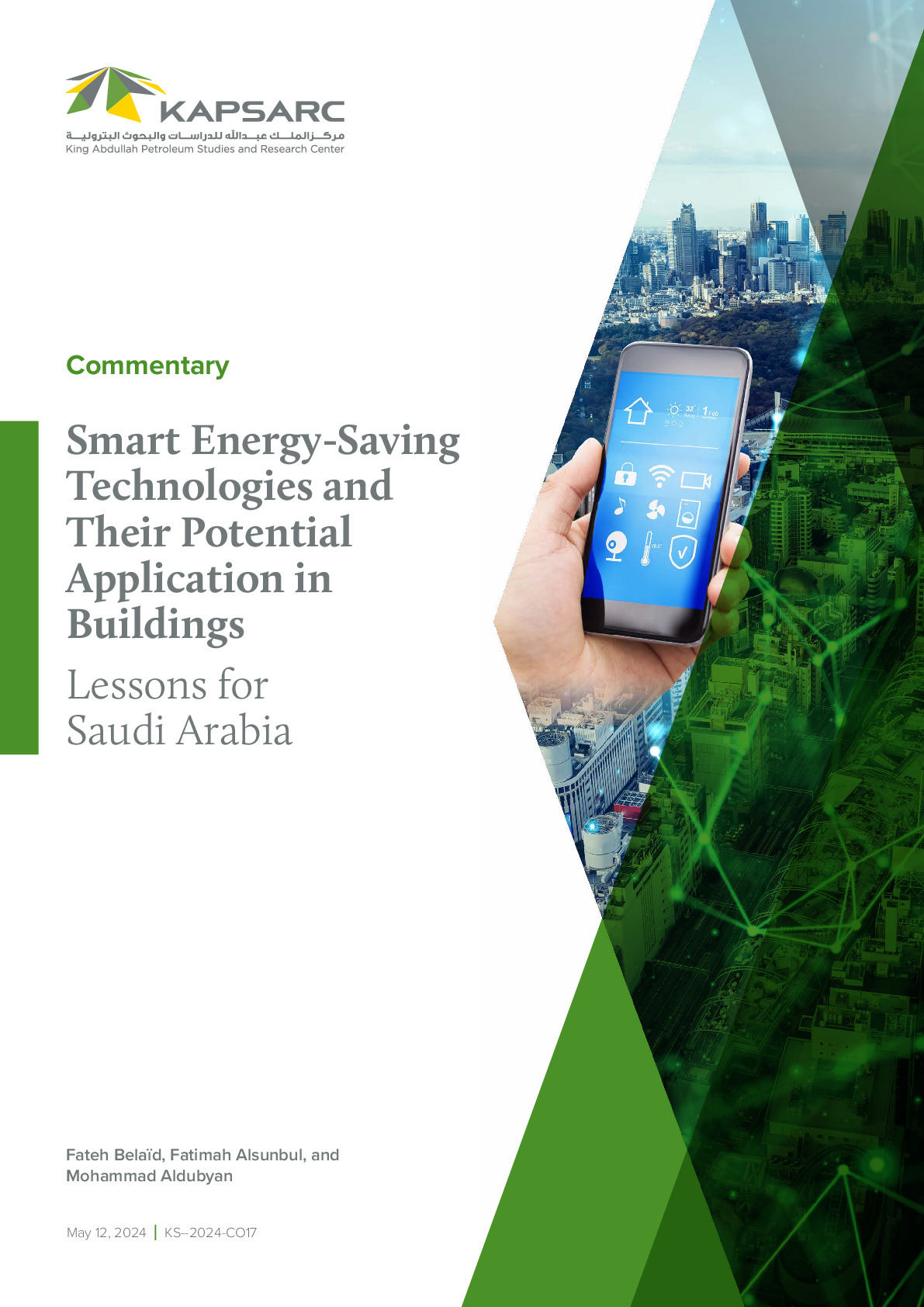The impacts of improving energy efficiency of housing units on designing carbon neutral grid-connected residential communities in Saudi Arabia are evaluated in the study summarized in this paper. The analysis utilizes both PV systems and wind turbines as on-site renewable power technologies to achieve the carbon neutrality status for residential communities. Various energy efficiency levels for the housing units that make the residential communities are considered in the analysis. For this study, the design of carbon neutral communities is performed using a cost optimization approach to account for the cost of on-site power generation as well as the grid electricity prices. The analysis indicated that while the carbon neutral residential communities can be achieved in all Saudi regions, their cost-effectiveness depend on the solar and wind resources as well as on the grid electricity prices and the installation costs of solar arrays and wind turbines. In addition, the analysis has indicated the cost-effectiveness of carbon neutral communities can be significantly improved including a reduction of capitals cost by more than 50% when electrical loads for the communities are lowered through energy efficiency actions on individual housing units.




